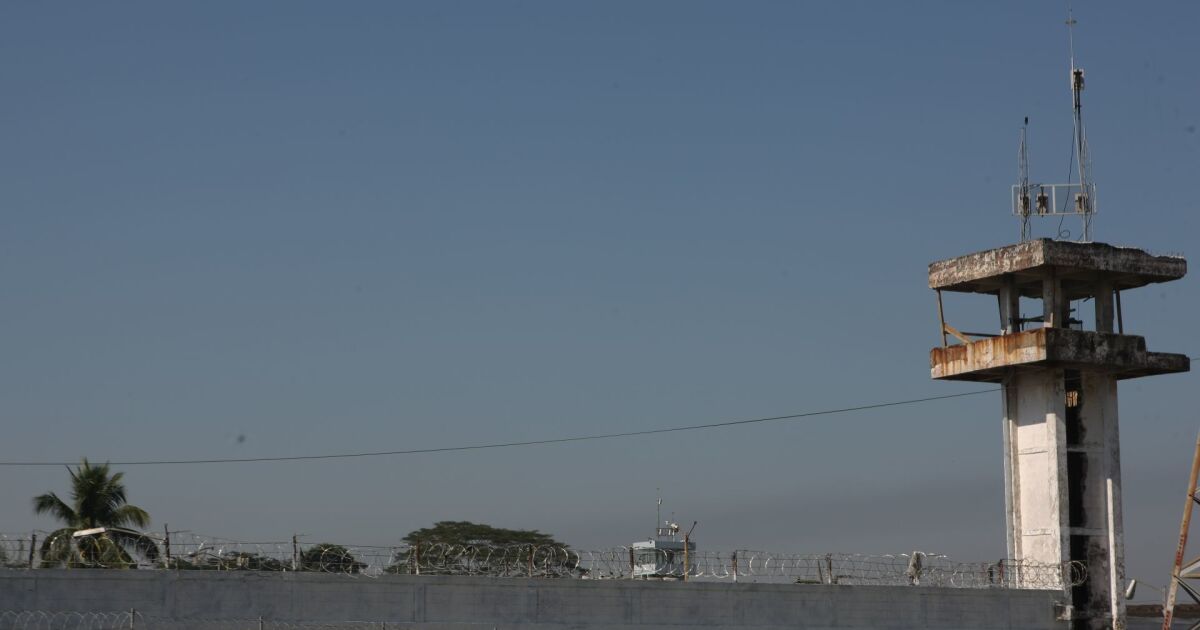In what cases is pretrial detention applied?
Yesterday, the Constitutional Affairs Committee of the Chamber of Deputies approved the constitutional reform -proposed by President Andrés Manuel López Obrador- to expand the list of crimes that merit pretrial detention.
The crimes that were added to the existing ones are:
- Extortion
- Drug dealing
- Production, preparation, sale, acquisition, import, export, transportation, storage and distribution of synthetic drugs (such as fentanyl and its derivatives)
- Tax evasion, smuggling, alienation, purchase or acquisition of tax receipts, including invoices that cover non-existent or false transactions or legal acts.
This reform also added a paragraph to Article 19 of the Constitution to establish that “for the interpretation and application of the norms provided for in this paragraph, the organs of the State must adhere to its literal meaning, and any analogous or extensive interpretation that seeks to disapply, suspend, modify or render void its terms or its validity, whether totally or partially, is prohibited.”
This means that judges and the Supreme Court of Justice of the Nation (SCJN) are prevented from releasing people through an interpretation.
Although this amendment has already been approved by the Constitutional Affairs Committee, it still needs to go through several steps before it can be implemented.
First, the House of Representatives must approve it and then it must be sent to the Senate for discussion and voting. Afterwards, it must be discussed and approved in at least 17 local congresses, since it is a constitutional reform, and finally it must be published in the Official Journal of the Federation to enter into force.
What is pretrial detention?
Pretrial detention is automatically applied to certain crimes considered “serious”. In other words, it is a measure that allows people to be imprisoned without being convicted, but only for certain crimes.
Article 19 of the Constitution establishes that no detention before a judicial authority may exceed 62 hours, from the time the suspect is placed at his/her disposal, without being justified by an order of binding the accused to trial in which the following shall be stated: the crime for which the accused is charged; the place, time and circumstances of execution, as well as the data establishing that an act designated by law as a crime has been committed and that there is a probability that the suspect committed it or participated in its commission.
While the Public Prosecutor’s Office may only request preventive detention from the judge when other precautionary measures are not sufficient to guarantee the appearance of the accused at the trial, the development of the investigation, the protection of the victim, witnesses or the community, as well as when the accused is being prosecuted or has previously been sentenced for the commission of an intentional crime.
Meanwhile, the judge will order preventive detention ex officio, in these crimes, including those recently approved, such as the cases of:
- Sexual abuse or violence against minors
- Organized crime, wilful homicide
- Femicide, rape, human trafficking
- Burglary of homes, use of social programs for electoral purposes
- Corruption in the case of crimes of illicit enrichment and abusive exercise of functions
- Theft of cargo transport in any of its forms
- Crimes involving hydrocarbons, among others.
When does pretrial detention arise?
With the penal reform of June 18, 2008, preventive detention was included in Article 19 of the Constitution, where it was specified that this measure will only be applicable with respect to the catalogue of crimes mentioned therein.
However, this measure has been criticized. The UN said in 2018 that the existence of pretrial detention is “clearly in violation of international human rights treaties.” It also mentioned that this measure goes beyond the violation of rights, since it “affects the proper functioning of the criminal justice and public security systems in general.”
New crimes
This proposal included the crime of purchasing or acquiring tax receipts, since according to information from the Tax Administration Service (SAT), it was detected that false billing schemes involve individuals, as well as corporations, and in the fiscal years from 2017 to 2019, 339 billion pesos were billed.
Meanwhile, in December 2023, around 10,790 individuals were identified who engaged in tax fraud schemes.
“It is important to note that tax evasion, smuggling and the acquisition of invoices that cover simulated or non-existent transactions often conceal other illegal activities,” the reform proposal stated.
The production, distribution and trafficking of synthetic drugs (such as fentanyl) was also added, since, according to the explanatory statement of President López Obrador’s proposal, fentanyl is 50 times more potent than heroin and up to 100 times more potent than morphine.
Meanwhile, the crime of extortion was included in the catalog of crimes that merit preventive detention, because it is mentioned in the proposal that this crime has grown, since according to data from the Executive Secretariat of the National Public Security System (SESNSP) in 2022 the highest number of files for this crime was registered, with a total of 10,343 cases compared to 2019, whose figure was 8,734.
The approved opinion is part of the initiatives that President Andrés Manuel López Obrador sent to the Chamber of Deputies on February 5 of this year. This reform was approved in particular with 20 in favor, 14 against and one abstention and was sent to the Board of Directors for discussion and approval.

















